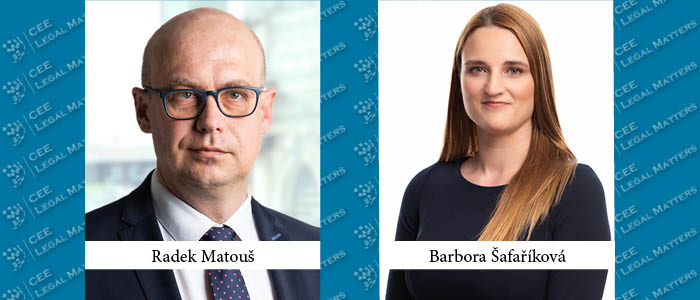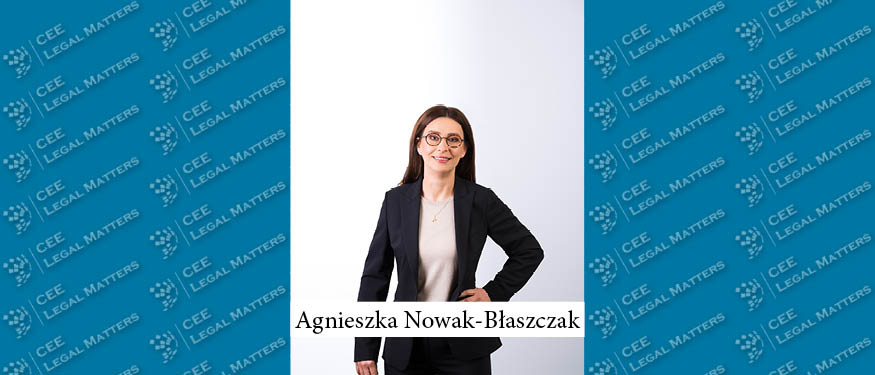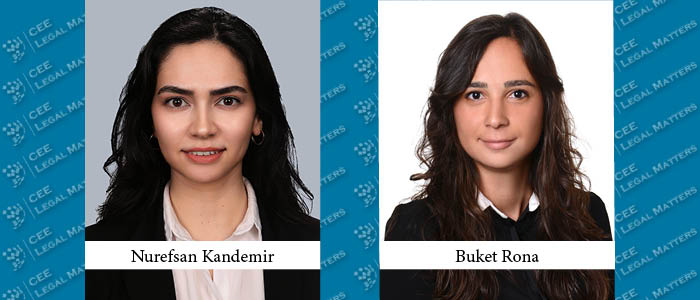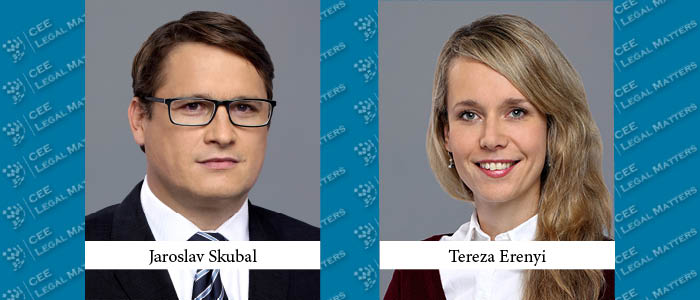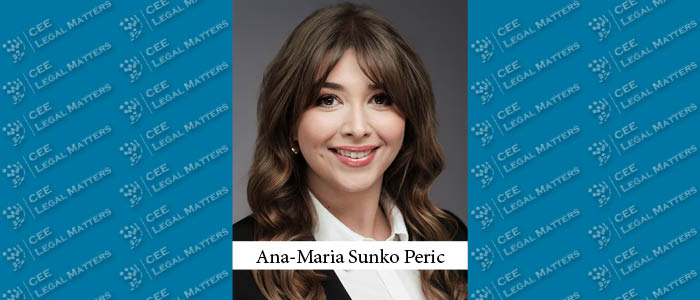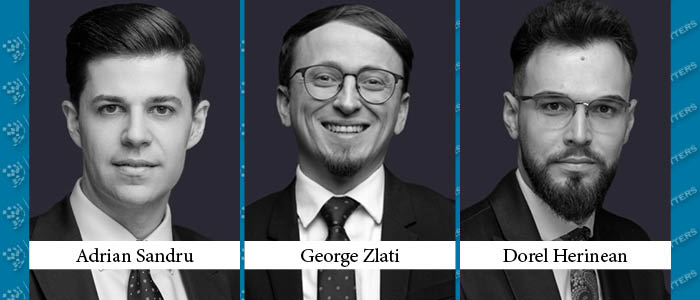A foreign national, as well as a domestic citizen, assumes the status of a self-employed person when performing the duties of a director outside an employment relationship, i.e., based on a contract governing the mutual rights and obligations of the director, unless insured on a priority basis.
Employers with 50-249 Employees Must Implement a Whistleblowing System by 15 December 2023
In June 2023, the Czech Republic adopted the Whistleblower Protection Act implementing the relevant EU Directive with a two-year delay. The law came into force on 1 August 2023.
Prohibition of Parallel Employment
In connection with the implementation of Directive 2019/1152 on transparent and predictable working conditions in the European Union, a principle has been introduced into the Polish Labor Code, according to which an employer may not prohibit an employee from parallel employment with another entity. The Polish legislator has established a strict ban on parallel employment with very few exceptions, which is widely criticized by employers.
Alien Labor in Turkiye
The phenomena of globalization and heightened international economic competition have led to a growing demand for qualified foreign labor in Turkiye. Especially in recent years, as Turkiye has become a target country for migration, the issue of work permits for foreigners has become a hot topic of employment.
Moldova: Modernization of Moldovan Labor Law
Following its separation from the Soviet Union, the Republic of Moldova has pitched upon a rigid labor law system defined by overly protective conditions toward employees.
Czech Republic: Significant Amendments to the Czech Labor Code
On September 12, 2023, the Czech Parliament adopted an amendment to the Labor Code, which will become effective already from October 1, 2023 (unfortunately, employers will have very limited time to prepare for the new regulation). The main purpose of the amendment is to implement the European directives on the work-life balance of parents and carers (No. 2019/1158) and on transparent and predictable working conditions (No. 2019/1152) which were to be implemented by member states in August 2022. But there are further changes that should address problems in the daily operation of employers.
Poland: Increased Protection for Employees
On September 22, 2023, the amendment to the Polish Code of Civil Procedure entered into force that significantly reinforces the protection of employees who benefit from special protections against dissolution of employment. As a result, an employer can no longer dismiss a specially protected employee until a final judgment is passed, which can, due to lengthy court proceedings, take several years.


